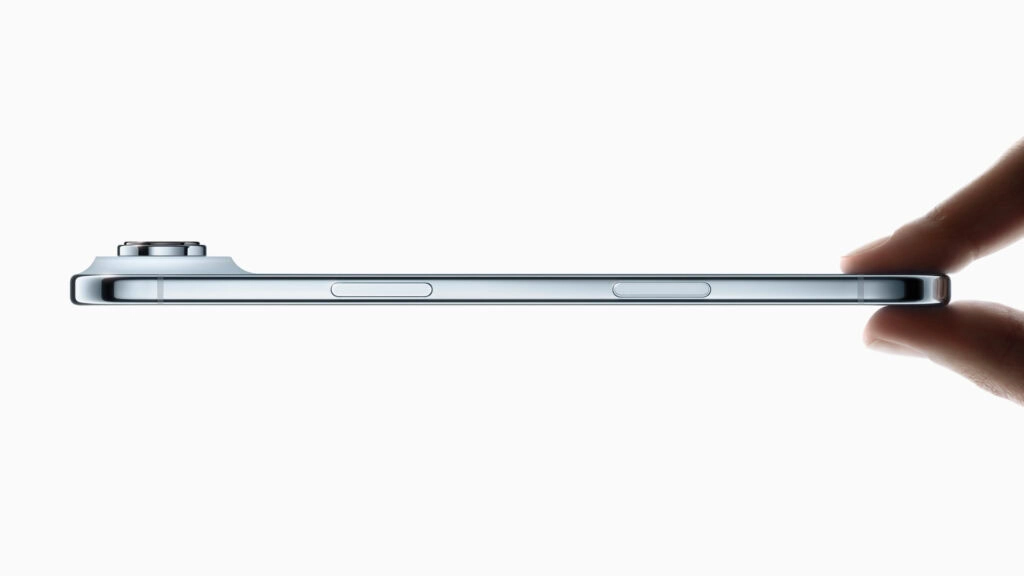Apple has completely dispensed with physical SIM cards for the new iPhone Air – even outside the USA. Industry experts see this as a turning point for mobile phone providers worldwide.
With the launch of the iPhone Air on September 9, 2025, Apple not only presented a new, ultra-thin smartphone, but also took an important step towards a SIM-less future. While the media mainly reported on the 5.6-millimeter-thin-design, the A19 Pro processor and the surprisingly moderate price, another innovation could have more far-reaching consequences: The iPhone Air will be delivered worldwide exclusively with eSIM support – without a physical SIM slot.
Global eSIM strategy outside the USA for the first time
Emma Mohr-McClune, Chief Telecommunications Analyst at GlobalData, describes Apple’s decision as a “digital turning point for the entire industry”. In addition to the iPhone Air, Apple also presented the iPhone 17 series, which also relies exclusively on eSIM in a growing number of markets – including the USA, Canada, Japan, Mexico and selected countries in the Middle East.
“For the first time, mobile network providers outside the USA and China have to support their customers with eSIM onboarding and process the corresponding support tickets,” explains Mohr-McClune. The expert warns of the far-reaching consequences of this development.
Challenges for mobile communications providers
For the established network operators, the eSIM obligation means a double burden: on the one hand, they must prepare their sales and online support channels for a wave of new eSIM activation problems and provide clear usage guidelines and FAQ areas. On the other hand, there is a risk of loss of revenue from national and international roaming services in the medium term.
The reason: owners of high-end devices will discover the digital convenience of switching providers with number porting and cheaper eSIM-enabled roaming tariffs. “This is a gift for the growing number of digital mobile virtual network operators and global roaming providers,” says the GlobalData analyst.
Apple wants to control customer experience
Apple’s strategy is based on the desire for more control over the user experience with Apple devices. At the same time, alternative mobile network providers benefit from this, as they can often offer more flexible and cheaper eSIM solutions.
Mohr-McClune expects other smartphone manufacturers to take similar steps in the coming quarters: “The mobile industry is clearly moving towards a SIM-less future.”




